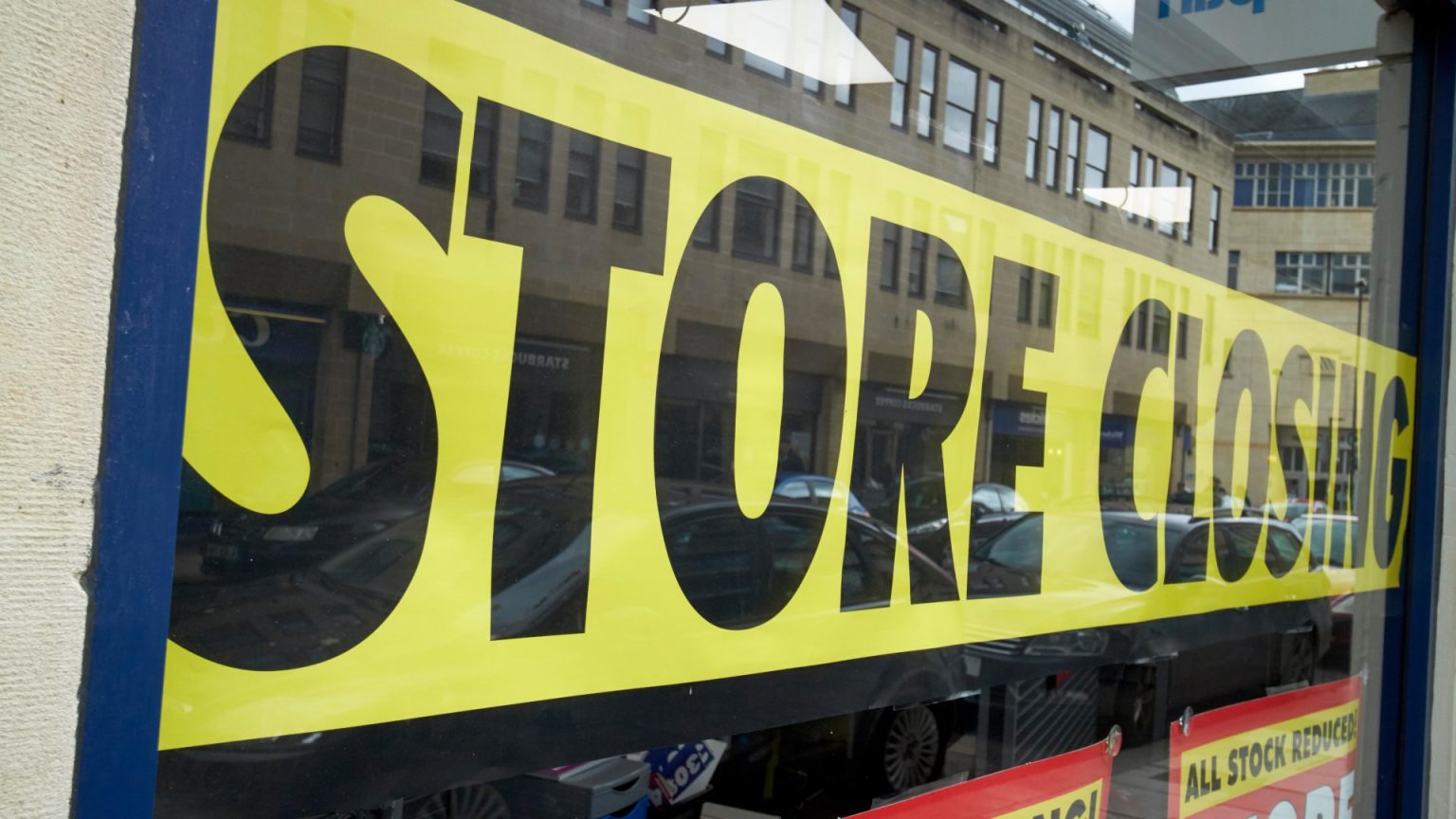WHSmith, a major UK retailer with over 1,100 branches, is continuing its trend of store closures, with 18 locations slated to shut down in 2025. The latest casualty is the Woolwich branch, which has served the community for nearly two decades. This closure follows a pattern of downsizing for the company, primarily impacting its high street presence. The decision to close the Woolwich store, like many others, is attributed to the upcoming lease expiry and the unsustainable operating costs at the location. The closure leaves local residents dismayed, with many lamenting the dwindling number of shops in the area and expressing concerns about the future of the in-store Post Office. While efforts are underway to relocate the postal services, the loss of WHSmith marks another blow to the vitality of the local high street.
The Woolwich closure is part of a larger wave affecting WHSmith across the UK. Branches in various locations, including Bournemouth, Luton, March, Basingstoke, Newtown, Rhyl, Bolton, Accrington, Halstead, Halesowen, Diss, Newport, Haverhill, Stockton, Oldham, and Orpington are also scheduled for closure. This strategic shift away from high street retail reflects the company’s focus on its more profitable travel sector, which includes stores located in airports and train stations. Despite these closures, WHSmith plans to continue expanding its travel business, with projections to open 15 new travel stores annually in the foreseeable future. This signifies a clear prioritization of travel retail over traditional high street locations.
WHSmith’s strategic shift highlights a broader struggle faced by UK retailers on the high street. Rising costs, changing consumer habits, and the lasting impact of the pandemic are creating a challenging environment for many businesses. Several other prominent retailers, including Dobbies and Homebase, have also announced store closures in recent months, further illustrating the widespread difficulties in the sector. Dobbies, a garden center giant, closed 12 stores before Christmas 2024 as part of a restructuring plan to address increased costs. Homebase, after entering administration, saw a significant portion of its stores rescued by CDS Superstores, but still faces the closure of nine branches across the UK. These closures underscore the pressures facing even large retail chains in the current economic landscape.
The challenging retail environment in the UK is expected to worsen in 2025, with several factors contributing to a bleak outlook. The British Retail Consortium predicts a £2.3 billion cost increase for the retail sector due to the Treasury’s hike in employer National Insurance Contributions. Research conducted by the British Chambers of Commerce reveals that over half of companies anticipate raising prices in early April 2025, primarily due to the increasing costs of employment. The Centre for Retail Research (CRR) paints a particularly grim picture, forecasting the closure of approximately 17,350 retail sites in 2025, following the closure of 13,000 shops in 2024. This represents a significant increase in closures and reflects the ongoing pressure on the retail sector.
The CRR’s director, Professor Joshua Bamfield, attributes these closures to a combination of increased operating costs for stores and reduced consumer spending power. He warns that 2025 could witness a substantial loss of retail jobs, potentially exceeding the numbers seen during the height of the pandemic in 2020. This prediction underscores the significant impact of the ongoing economic challenges on the retail sector and its workforce. The closure of stores like WHSmith in Woolwich serves as a microcosm of the larger issues plaguing the high street. These closures not only impact local communities by reducing access to goods and services but also contribute to job losses and a decline in the overall economic health of these areas.
The trend of high street closures highlights the urgent need for innovative solutions and strategies to revitalize these vital community hubs. While the shift towards online shopping and changing consumer habits are contributing factors, addressing the rising costs of doing business, particularly employment costs and business rates, is crucial for the survival of many retailers. Government initiatives and support, along with collaborative efforts between businesses and local communities, will be essential to reimagine and reinvigorate the future of the high street. The closures of WHSmith and other retailers serve as a wake-up call, emphasizing the need for adaptation and resilience in the face of these ongoing challenges.











